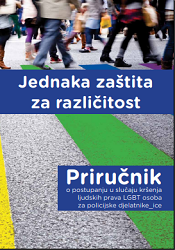

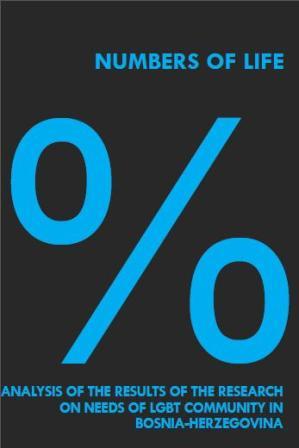
Keywords: LGBT community; needs; research; BiH;
Between February and June 2013, Sarajevo Open Centre conducted research about the rights, needs and problems of the LGBT community in BiH. The initial aim of this research was to map the real problems and to assess the particular needs of LGBT persons in BiH. The results will enable defining precise and clear arguments that could be used in future problem solving, through concrete activities, such as advocacy, education, meetings and similar, with institutions which are proven to act in discriminative manner against LGBT persons, by not performing their activities in accordance with ethics or through not intercepting the policy of selective human rights defending. An interdisciplinary theoretical approach is necessary for developing several perspectives that will highlight the complexity of sociological phenomena and create space for allocation of particular context of Bosnia and Herzegovina into a broad theoretical framework. By using questionnaires, we have explored how persons of non heteronormative gender and sex identity and sexual orientation, live in Bosnia and Herzegovina – which persons from their surroundings are aware of their LGBT identities and whether they support them, their experiences of discrimination and violence, how they handled these human rights violations, how did society and the legal system react, their opinions on Gay Pride Parade, their confidence in the police, whether their mental health suffers due to fear and homophobia they are exposed to because of their sexuality or gender identity, and how health workers relate to them. Likewise, we have inquired about the attitudes of LGBT persons on their social needs, their opinion about the LGBT community itself, on activities of Sarajevo Open Centre, and political participation. Data that was gathered through the research was processed in SPSS statistical software. A descriptive analysis was written in accordance with the statistical inquiry and is based on an interdisciplinary approach to areas and topics that is dealing with. First of all, it was important for us to use the analyses to interpret the issues that we have defined as our objectives. These analyses will serve as a platform for further advocacy, towards governmental and other institutions – police, health care, responsible ministries, judiciary and so forth – for changes that LGBT persons will benefit from. The research encompassed 545 persons ranging in age from 54 to 15. There were 275 persons of female sex and 246 of male sex, 14 intersexual and 9 transgender persons and 1 person who did not want to define itself according to sex. Out of these figures, 252 persons identified themselves through female gender, 235 through male, 9 persons was identified as transgender, while 42 of them does not identify themselves through gender and 7 persons have their own self creation of gender. When it comes to sexual orientation, there are 338 persons who are homosexuals, 151 bisexual, 25 pan sexual, 7 persons declared themselves as asexual, 9 as heterosexual, while 15 examinees identified as ‘other’ and added their own definition of their sexuality. Concerning the significant number of trans and intersex persons who have participated in the research, one chapter is particularly dedicated to them. The question related to which persons from their surroundings are aware of their LGBT identity has shown that for 90, 4 % of LGBT persons, their friends do know and the majority is supportive – out of the overall number, 89, 2 % of friends support their LGBT friends. Likewise, colleagues from work place/school/college are more familiar with the fact that a person is LGBT than their family members. Namely, for 46, 4 %, their work/school/college surroundings know that they are LGBT and two third of them (66, 6 %) gains their support. Sister/s know about her brother/sister/s being LGBT in 44, 7 % of cases and 86, 7 % of them is supportive, which makes them a group that is, after friends, the most supportive one. Mother/guardian is in the fourth place and for 40, 7 % of LGBT persons; she is familiar with their LGBT identity, but only 61 % of examinees have the support from their mother/ guardian. Brother/s are familiar with it in 37, 5 % of cases and majority is supportive – 75, 9 %. Acquaintances of LGBT persons are in 36, 8 % of cases familiar with their identities and most of them are supportive (67 %). Father/guardian is familiar with sexual orientation or gender identity of every fifth person (22, 7 %) and less than half of them supports their children (41, 8 %), which makes them the least supportive group among the close family members. For 15, 2 % of examinees, their broader family is familiar with their LGBT identity and supportive in 65, 7 % of cases. The question of whether one has experienced any form of discrimination because he/she is an LGBT person was answered positively by 35, 8 % of examinees and negatively by 63, 1 %. It is clear that persons who are not out to the broader public – at the workplace, college, to their acquaintance etc. – cannot be discriminated against due to their sexual orientation. This research shows that colleagues from work, school or college in 40,7 % of cases are aware that their colleague is an LGBT person but almost half of them are not supportive. Likewise, for every third person their acquaintances know his or her sexual orientation. All this together fits into an image that a little over one-third of LGBT persons are out to their broader surroundings and in accordance with that, discrimination is experienced only by every third LGBT person. Discrimination is not reported in 93, 8 % of cases. Only 3 cases of discrimination were prosecuted and one was completed successfully, while another 23 have never been prosecuted. Because of their gender expression or sexual identity, 23, 5 % of persons have experienced violence, while 74, 2 % of them have never been victims of violence. Physical violence was experienced by every third person, and sexual violence by almost every fifth person. Victims of violence are almost always persons who are out. 130 persons have suffered through violence, and only 17 of them have reported it, while 3 cases have been prosecuted in court and 2 cases are still ongoing. If we consider the fact that only 3 cases out of 17 that have been reported and prosecuted in court, while 2 other are still ongoing, it is nothing unusual that LGBT persons are not confident towards the institutions that are supposed to protect them. 23, 1 % of examinees have confidence in the police, while 73, 6 % does not have. Every third person who, due to the consequences of homophobia, suffers from depression, fear, anxiety, affliction or any other symptoms, is determined to seek for professional psychological, psychiatrists or therapeutics help because of assumed incompetence of persons one would approach to, and because of the fear that their sexuality will be uncovered. Almost 70 % of examinees have declared a lack of support from family and friends as the biggest issue. Although 82, 5 % of LGBT persons do not have to hide their gender identity and sexual orientation in front of their friends, it is obvious that the majority does not receive the desired emotional, psychological and social support. On the other hand, as the question related to support has shown (chart 10) – family is also not supportive, so the severity of this information is only being confirmed through questions on the biggest issues. Almost as big is the problem of physical violence (attacks, property wreckage and similar) – 68, 9 % of persons have marked it as the biggest issue. Psychological/verbal violence was marked as a problem by almost the same number of persons – 68, 7 %. When the issue of violence, whether physical or psychological, is associated with the failure of institutions that are supposed to punish those who commit it, the issue of processing and punishing violence is considered an urgent one, which needs to be resolved. Discrimination at the workplace, at school or at college is one of the biggest problems for 62.6% of examinees, which places the problem of discrimination on almost the same level with violence. The lack of state institutions’ support programs was described by 66, 4 % of examinees. Police, judiciary or certain areas of health system do not provide their services professionally, due to the lack of knowledge related to LGBT issues and to the high level of homophobia. The objective of examining the level of active and passive political participation of LGBT persons was to highlight the fact (which implies, but is not considered relevant, and even less is seen as a certain political potential) that LGBT persons are also voters in the elections (more than half of examined LGBT persons exercises their right to vote), that they are also members of political parties in BiH (62 persons are members of parties), and that they run for elections and have certain political results (13 out of 62 persons have been candidates on elections and have had certain results). Based on the analyses of collected statistical data and additional comments that examinees have emphasized, we have produced general conclusions and recommendations for certain sectors – some areas of the health system, police, but also civil society – since it was shown that they are not providing their services professionally, while we have tackled reasons and solutions of this situation in separate recommendations.
More...
A critical year for Bulgaria’s EU membership, 2006 was also a period of intense public and political debate on the issues at the core of the agenda of the Center for the Study of Democracy (CSD) – justice and home affairs (JHA) reform.
More...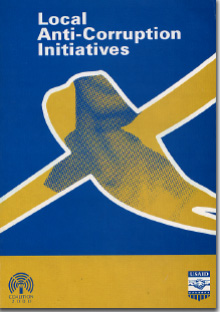
This brochure represents an attempt to analyze and summarize the activities and results of the first stage of the Small Projects program of Coalition 2000. Following a competition held in the beginning of 1999, thirteen non-governmental organizations, most of them based in different Bulgarian town and cities, were included in the first pilot stage of the program. They include: 'Civic Council in Razgrad' Citizens Coalition, 'Stefan Stambolov' Bulgarian Youth League - Smolian, Center for the Study of Political Processes - Shoumen, 'Lecturers' NGO - Plovdiv, 'Revived Civil Society' Regional Association - Pleven, InfoEcoClub - Vratza, Black Sea Legal Community - Bourgas, 'Sexaginta' Open Education Youth Center - Rousse, as well as the Sofia-based Christian Revival Movement, the Corruption-free Society Association, the Association of Young Lawyers, the Foundation for Entrepreneurship Development, and the Bulgarian Association for Fair Elections and Civil Rights. Within a time frame of three months (April - June 1999) they conducted activities covering the whole spectrum of the anti-corruption campaign: participation in the Clean Future Public Awareness Campaign, local government monitoring, establishment of anti-corruption structures, using different instruments to expose and curb corrupt practices in the respective municipalities. Despite the fact that such a short time frame does not enable the potential of the Coalition 2000 local initiatives to be fully utilized, the experience accumulated during that time can be used to map out future spheres, forms of organization, and instruments in this new part of Bulgarian reality. This is why the brochure focuses on the practices which seem most promising for our future work. It will continue with the second stage of the Small Projects 1999-2000 program within whose framework a permanent cooperation structure will be established with local NGOs as part of the Coalition 2000 process. In a structural respect the pamphlet consists of two main sections. The first contains analyses of the pilot stage of local initiatives conducted by Coalition 2000 experts. The second section presents the so-called "best practices", as well as some sociological studies conducted by our local partners. With the stipulation that these are initiatives in their pilot, i.e. experimental, stage we recommend them as already tested instruments which could effectively be used to accomplish the goals of anti-corruption activity. A List of Activities under the Small Projects program of the 13 NGOs is appended.
More...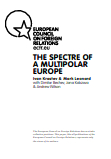
The EU’s ‘unipolar moment’ is over. In the 1990s, the EU’s grand hope was that American hard power would underpin the spread of European soft power and the integration of all Europe’s powers into a liberal order – embodied in NATO and the EU – in which the rule of law, pooled sovereignty and interdependence would gradually replace military conflict, the balance of power and spheres of influence. However, the prospects for this unipolar multilateral European order are fading. The dilemma facing the European Union in its own continent is somewhat similar to that faced by the US at a global level. The EU can do little to prevent Europe’s evolution from a unipolar to a multipolar order; but it can do a lot to shape the relations between its emerging poles. The new approach would take advantage of a political opening created by Moscow’s desire to modernise and Turkey’s search for a regional role, and recast the continent’s institutional order for a world in which Europe is increasingly peripheral and in which a weak neighbour can be as frightening as a strong one. It would be the first step towards creating a trilateral rather than a tripolar Europe: a new institutional order in the continent that (to paraphrase Lord Ismay) keeps the EU united, Russia post-imperial and Turkey European.
More...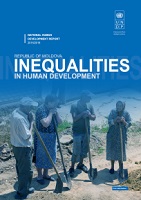
Instead of an Abstract/Summary here, please refer to the Introduction PDF-file which includes the Executive Summary. Thank You.
More...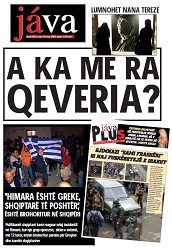
Keywords: Kosovo 2003;Hashim Thaçi;
More...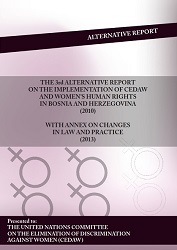
Keywords: Human rights; Bosnia and Herzegovina; women’s rights; gender studies; gender equality; implementation of CEDAW; women’s human rights; law; politics; discrimination;
BiH is still burdened by ethnic and national divisions, which hinder the social, economic and political development, and dominate the public discourse. Thus the issues of gender equality, realization of women’s human rights in public and private spheres, and the application of domestic laws and international obligations, including the Convention on the Elimination of All Forms of Discrimination against Women (CEDAW) have been pushed into the background. Despite the progress that has been realized in regards to development of the formal and legal framework and public policies in the field of promoting and protecting women’s human rights, women in BiH do not have equal opportunities to participate and are underrepresented in political decision-making within the legislative, executive and judicial authorities at all levels. The State has failed to ensure the harmonization of the BiH Election Law with the Law on Gender Equality in BiH. Women have been excluded from the processes of negotiations, peace processes, post-war reconstruction and the European integration process, which remain exclusively reserved for men. Discrimination against women continues to be deepened and maintained by appointing men to managing positions in public companies and steering boards, as well as executive bodies in the economic sector. Institutional mechanisms for gender equality in BiH remain largely isolated within the institutions of the system due to a lack of understanding of their role and resistance to issues of gender equality and women’s human rights. BiH has not invested real efforts to ensure the positioning of the Gender Equality Agency of BiH as the institution that would be directly responsible to the Council of Ministers. Additionally, there are no tangible results in practice regarding raising awareness and building capacity of government bodies at all levels on implementation of CEDAW.
More...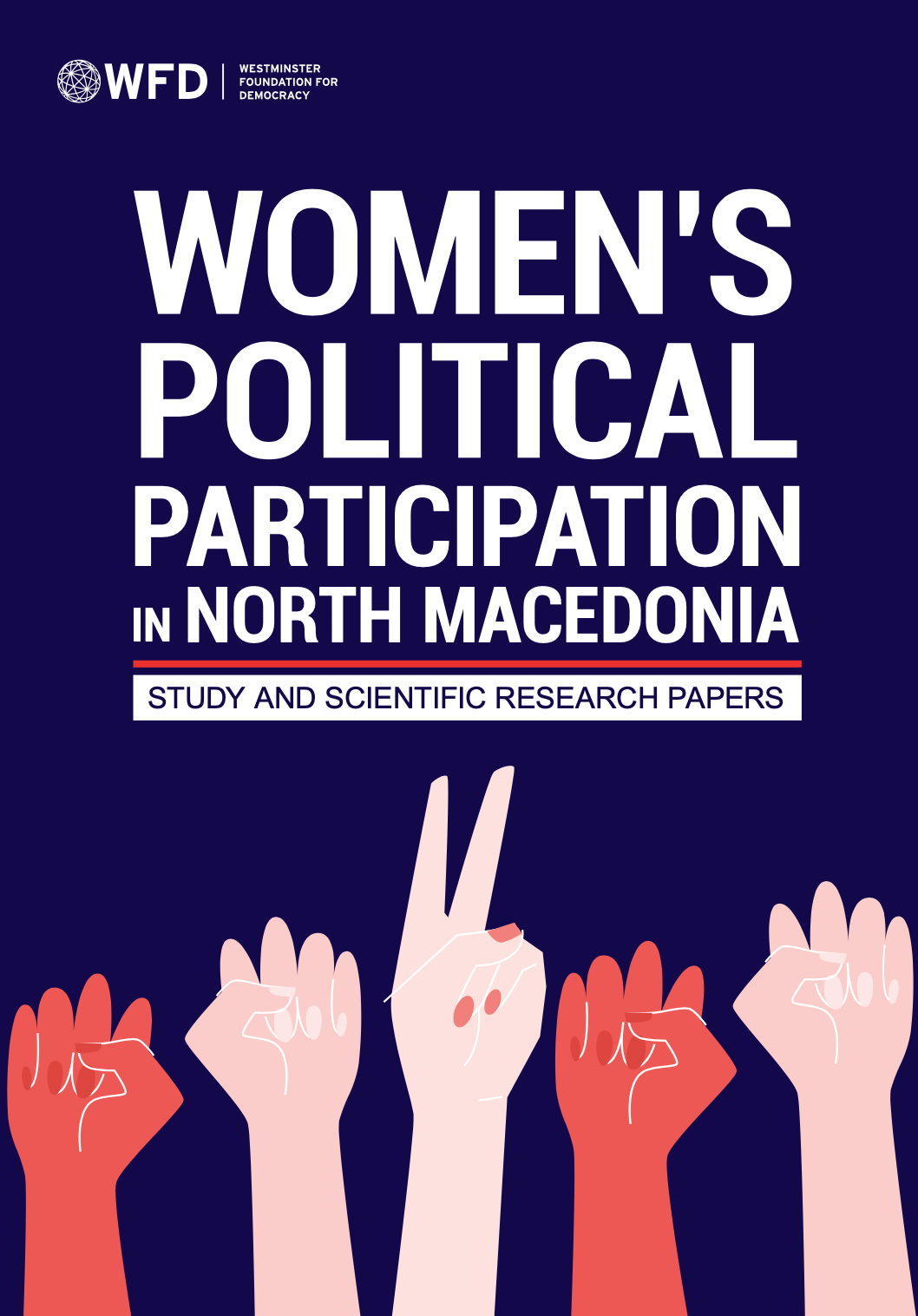
Keywords: women;
More...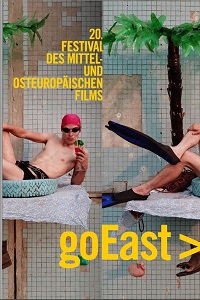
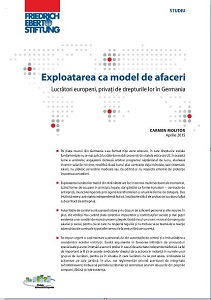
Keywords: shadow economy in Germany; exploitation by sub-contracting;
Part of the world of work has always been in the shadows: especially on construction sites and in households, informal work, "gray", could never be eradicated. Recently, however, an obscure area has appeared on the German labor market, with a completely new bill. It is based on the systematic exploitation of workers from Central and Eastern Europe. Modern informal work relies on subcontracting, contracts with temporary agents and posted workers, being organized cross-border by companies with substantial profits. Employers do pay - at least in small installments - taxes and social security contributions to avoid conflict with the law, but are constantly looking for ways to minimize the wages actually paid to workers. Their rights, social protection, health and fair pay have become irrelevant in this world. // This study sheds light on these clandestine niches in the German labor market. It presents practices of social and wage dumping, which mobile workers in Central and Eastern European countries currently face in Germany, when they are posted from their own country, when they are placed by temporary employment agencies, when they perform fictitious self-employment. or work under company contracts. The examples presented show how in many economic fields, along with the well-protected social, legal and wage universe of those with a fixed and stable job, a parallel world of exploitation can coexist.
More...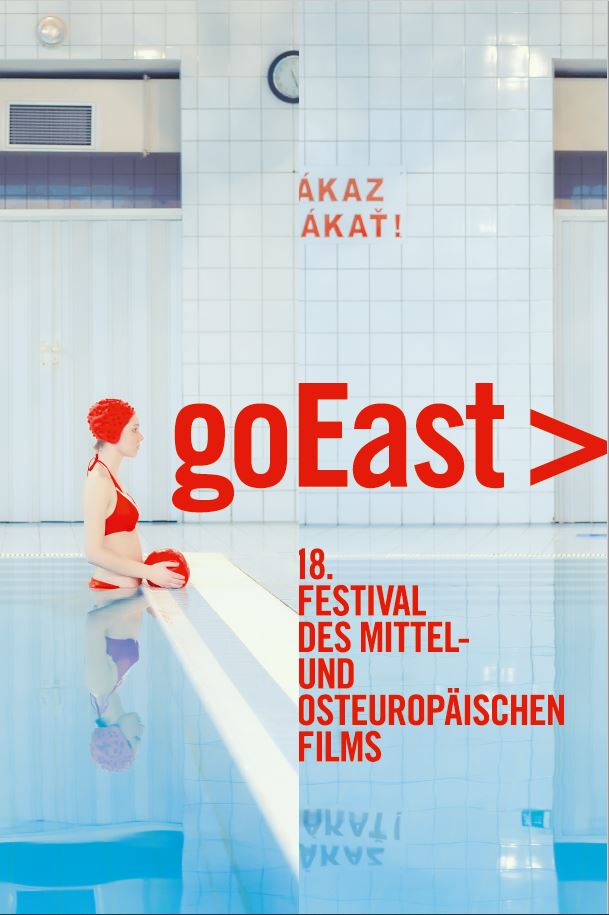
Keywords: festival;catalogue;film;
More...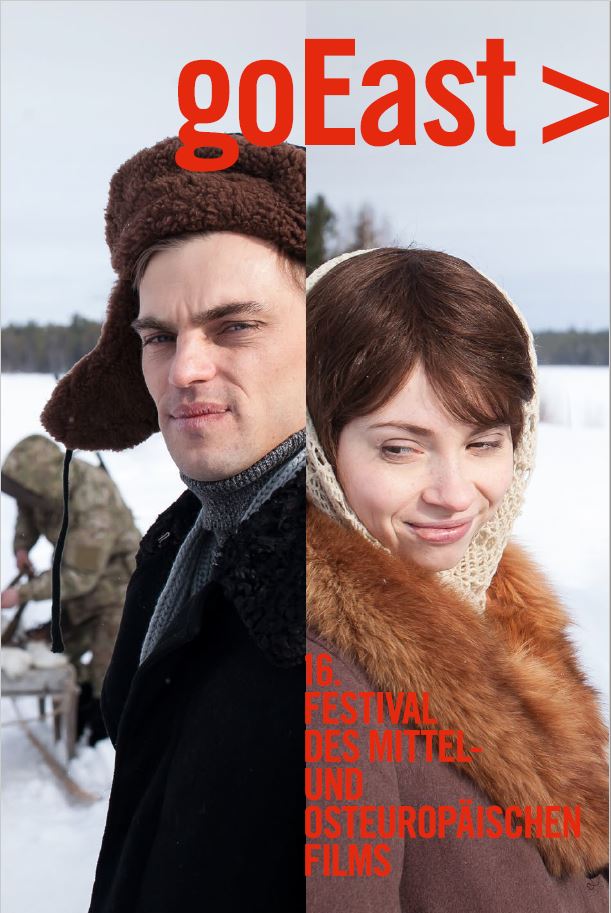
Keywords: film;festival;catalogue
More...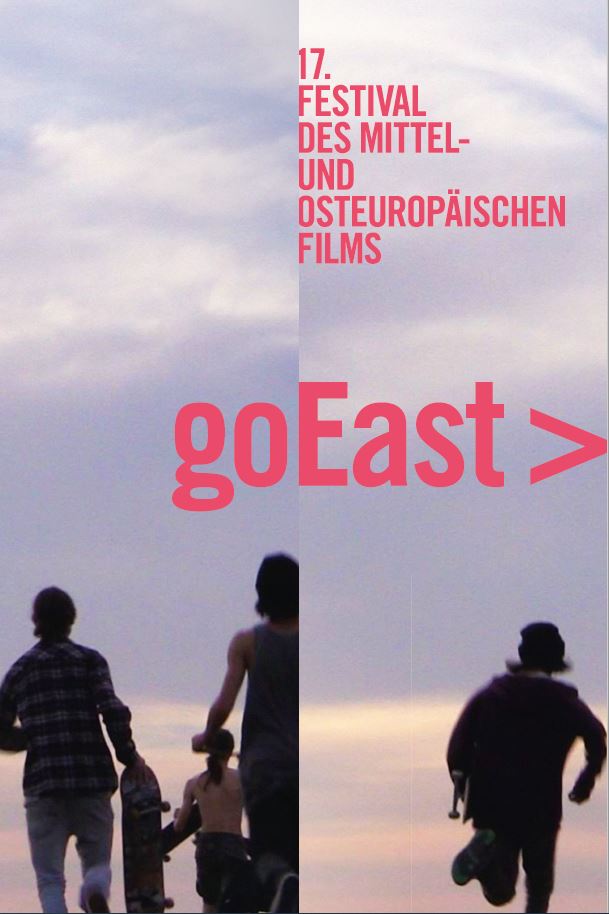
Keywords: film;festival;catalogue;
More...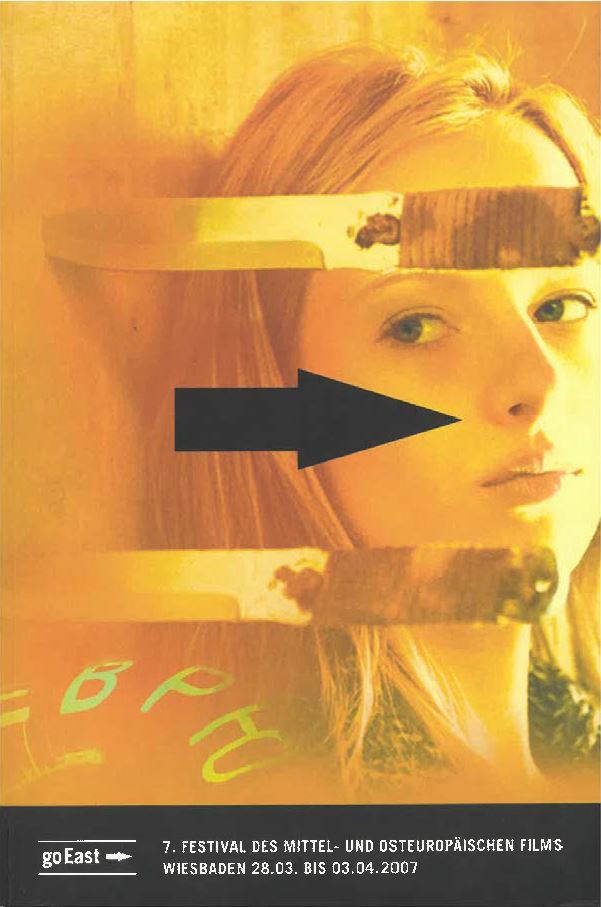
Keywords: festival;catalogue;film;
More...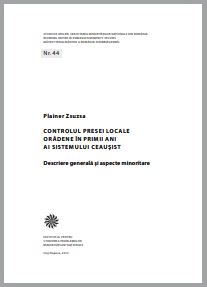
Keywords: Gheorghe Sarău; Publishing works and literature; Romany language; Ethnic minorities studies;
Gheorghe Sarău (Romania - Bucharest, born in 1956) has been since 1992 a professor doctor at the department of Romany Language and Literature, at the Faculty of Foreign Languages and Literatures (University of Bucharest). At the same time, he has been a counselor for Romany language and Roma at the Direction for Minorities - Ministry of National Education (1992-present). After graduating from university (University of Bucharest, Faculty of Foreign Languages and Literatures - Russian and Hungarian languages Departments; Bulgarian and Spanish as optional courses) in 1983, Gheorghe Sarău began to study Romany individually, language which he taught at the Normal School of Bucharest from 1990to 1994, to a group of future primary school teachers. On 28 September 1998 he became a Doctor of Philology at the University of Bucharest. The doctorate was obtained under the guidance of prof. Lucia Wald in the Indo-European studies field, on the subject of Tinsmiths Roma Language. Gheorghe Sarău attended several training programmes (1990-2000) in the field of Romany Language, under the guidance of Prof. Marcel Courthiade (professor at INALCO Paris) and of Prof. Rajko Djurić -poet and the President of National Roma Union, in Finland (1991), Italy (1992), France (1993 1994, 1995), Germany (1998). He was also invited by Professors Courthiade and Djurić to teach with them Romany courses in Germany (1999 and 2002), at the International Courses of Romany Language, Literature and History. Gheorghe Sarău published his first article in 1982, as a student, and his first book was published in1992 (the first Romany dictionary in Romania - Mic dicționar rom-romîn, Kriterion Publishing House). Over the years, he has published over 70 titles, most of them individually, but also as collective works. He has also played an important role in the standardization of Romany language in Romania, in the organization and development of the Romany studies at the pre-school, school, high school and university level. In October 1992, he introduced the first Optional Course of Romany Language at the University of Bucharest and in 1997 he created the Department of Romany Studies at the Faculty of Foreign Languages and Literatures in Bucharest. He also founded the Distance Learning Department for Romany Language, which helped training over 600 Romany Language school teachers. He has also managed the developing and implementation of strategic programmes of the Ministry of Education in Romania. In recognition for his outstanding contribution to promoting constantly the Romany Language -through writings, through the introduction and consolidation of the Romany language education and through the initiatives regarding the general education of Roma - he has received several awards(Hidalgo Award - Spain, 1999; The Republic of Italy President's Award - Italy, 1999; Decoration and diploma on the occasion of the celebration of 25 years from the founding of the Hindi Language Department in Romania, awarded by HE the Indian Ambassador, Rajiv Dogra, on 29 March 2000, etc.).
More...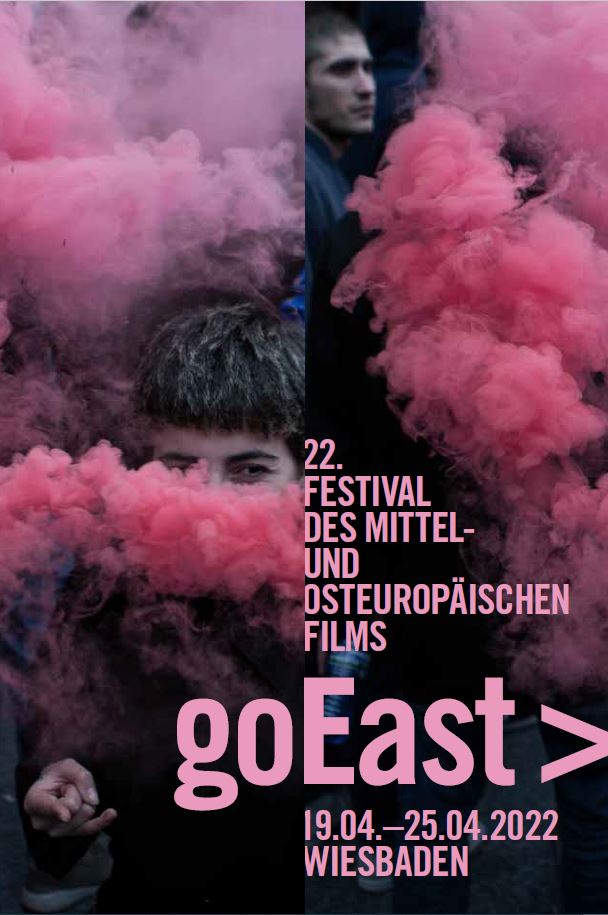
Keywords: festival;film;cinema;catalogue
More...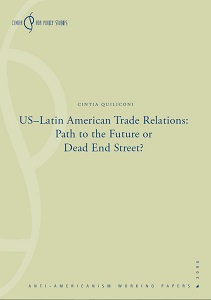
Keywords: USA - Latin-America relations; hegemony; FTAA;
This paper is divided into five sections. The first section analyzes the link between economic integration in the Americas and the hegemonic power that the US exerts on the region through the FTAA initiative. The second section addresses the change in Latin American economic policies, taking into account the different role that US hegemony has played in the region. The third section analyzes how trade structures shape the different Latin American positions in the FTAA. The fourth section addresses when and how anti-Americanism re-appeared in Latin America during the 1990s. The fifth section delineates possible future scenarios with regard to US hegemonic intentions in the region and the potential reactions to those policies. The final section concludes the paper.
More...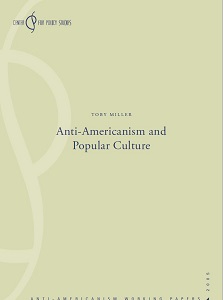
If something about anti-Americanism has really changed since 2001, popular culture can hardly be blamed. But if the attitudes expressed and the policies enacted by the US population and government synchronize with the methods and messages of popular culture, then a proportion of anti-American feeling can be attributed to its influence. The rich vein of anti-US sentiment relates to four issues, each of which is given considerable attention in most parts of the world: • economics; • militarism; • politics; and • culture. This report is principally concerned with the last category, though as we shall see, it is inseparable from the others. The bulk of the report examines points of continuity since 2001 rather than rupture, since most of the infrastructure and impact of US popular culture on export were in place before that time. There is some consideration of new diplomatic attempts to influence the country’s image abroad. The report discusses the following topics: • key terms; • US cultural dominance; • opposition; • role of the state; and • conclusion and recommendations.
More...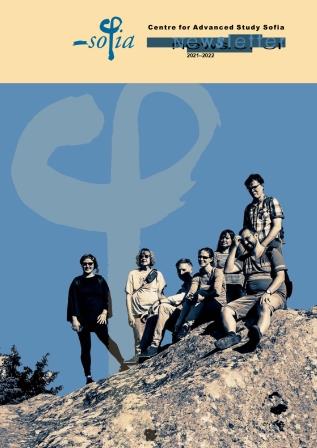
Articles, pictures and interviews can be reprinted only with the consent of the publisher.
More...